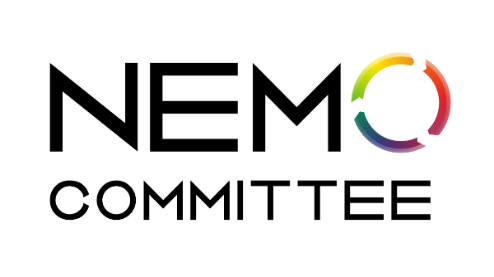The EU Regulation establishing a guideline on Capacity Allocation and Congestion Management (CACM), in force since 14 August 2015, obliges all EU member states to officially designate an Electricity Market Operator (Nominated Electricity Market Operator – NEMO) for the Day-Ahead and Intraday markets. Its objective is to promote effective competition in the generation, trading and supply of electricity, to ensure the optimal use of the transmission system while respecting the need for a fair and orderly market and price formation. CACM gave a new regulatory framework for cross-border trading and Market Coupling within the EU rendering the latter mandatory. The CACM regulation clearly defines the tasks and obligations of TSOs and of Power Exchanges designated as NEMOs.
A NEMO designated in one member state can operate power spot markets in other European countries, using its NEMO status as a “passport”. They can do so within the framework of Multi-NEMO arrangements, setting the conditions for accommodating more than one exchange in a bidding area.
For more information in French, click here.
Since 2025, the CACM regulation is under review. The latest updates on this process can be found in our newsroom.


 In accordance with Article 9 of the Commission Regulation (EU) No 2015/1222 of 24 July 2015 establishing a Guideline on Capacity Allocation and Congestion Management (“CACM”), the Nominated Electricity Market Operators (“NEMOs”), where relevant in cooperation with the TSOs, on 14 February 2017 submitted to regulatory authorities the following proposals for terms and conditions or methodologies:
In accordance with Article 9 of the Commission Regulation (EU) No 2015/1222 of 24 July 2015 establishing a Guideline on Capacity Allocation and Congestion Management (“CACM”), the Nominated Electricity Market Operators (“NEMOs”), where relevant in cooperation with the TSOs, on 14 February 2017 submitted to regulatory authorities the following proposals for terms and conditions or methodologies: